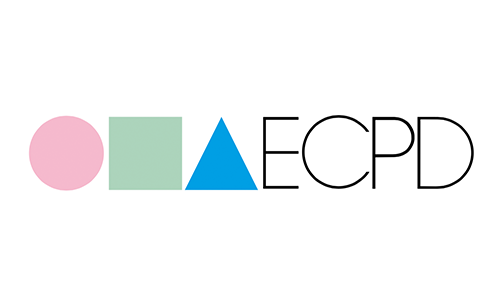2018-10-26 | Belgrade, Serbia – International Conference on a New Human Concept of Security
2017-10-27 | Belgrade, Serbia – International Conference on Future of the World between Globalization and Regionalization
2017-09-29 | Opatija, Croatia – Conference on Pharmacoeconomics
2014-10-24 | Belgrade, Serbia – The new Balkans and European Union – peace, development, integration
2013-10-11 | Belgrade, Serbia – New Balkans and Europe – peace, development, integration
2012-10-20 | Belgrade, Serbia – International Conference on Reconciliation, Tolerance and Human Security in the Balkans
2011-10-21 | Milocer, Montenegro – International Conference on Reconciliation, Tolerance and Human Security in the Balkans
2010-10-28 | Brioni, Croatia – International Conference on National and Inter-Ethnic Reconciliation, Religious Tolerance and Human Security in the Balkans
2009-10-29 | Brioni, Croatia – International conference on national and inter-ethnic reconciliation, religions tolerance and human security in the Balkans
2009-10-27 | Belgrade, Serbia – International round table on mass media as a key factor in establishing national and inter-ethnic tolerance in the Balkans
2008-10-30 | Milocer, Montenegro – International conference on reconciliation and human security in the Balkans
2008 | Montenegro – International Conference
2008 | Belgrade, Serbia – International Conference
2007 | Belgrade, Serbia – International Conference
2006 | Belgrade, Serbia-Montenegro – International Conference
2005-10 | Dubrovnik, Croatia – World scientific banking meeting
2005-06 – International meeting on the interethnic and inter-confessional reconciliation in the Western Balkans
2005 | Belgrade, Serbia-Montenegro – International Conference
2004 | Belgrade, Serbia-Montenegro – International Conference
2003 | Belgrade, Serbia-Montenegro – International Conference
2002-05-17 | Belgrade, Yugoslavia – Comparative experience and perspectives
2002-04 | Belgrade, Yugoslavia – International round table on protection of the population against new forms of application of microbiological and chemical agents in terrorist attacks
2002-02 | Belgrade, Yugoslavia – Regional round table on mixed marriages as a bridge to interculturality in Southeast Europe
2002-01-25 | Belgrade, Yugoslavia – Conference on health development and improving performances of health systems in the Southeast European countries
2001-10 | Athens, Greece – World scientific banking meeting
2001-05 | Belgrade, Yugoslavia – International conference on advanced robotics, intelligent automation and active systems
2001 | Trento, Italy – International Conference
2000-11 | Trento, Italy – Round table on analysis of the experiences of the region trento-alto adige in resolving the ethnic conflicts
2000 | Belgrade, Yugoslavia – International symposium on integral rehabilitation of the disabled veterans of war 1990-1999
1999-12-04 | Belgrade, Yugoslavia – Recent lessons from transition and privatization, problems of institutions and corporate governance
1999-06-10 | Milocer, Yugoslavia – World scientific banking meeting
1999 | Ohrid, Macedonia – International Conference
1998-09-04 | Sveti Stefan, Yugoslavia – International round table on the process of privatization and transition in the countries in transition
1998-08-24 | Moscow, Russia – International conference on advanced robotics, international automation and active systems
1998-06-22 | Belgrade, Yugoslavia – International symposium on scientific foundations of consciousness
1998-03-25 | Belgrade, Yugoslavia – Comparative experiences of the United States, Japan and the European Union
1997 | Bremen, Germany – International Conference
1996-06 | Milocer, Yugoslavia – World scientific banking meeting
1996 | Vienna, Austria – International Conference
1995 | Athens, Greece – International Conference
1995 | Hvar, Croatia – International Conference
1994 | Hvar, Croatia – International Conference
1993 | Hvar, Croatia – International Conference
1992-09-21 | Varna, Bulgaria – Biennial European conference on fracture
1992 | Hvar, Croatia – International Conference
1991 | Hvar, Croatia – International Conference
1990 | Dubrovnik, Yugoslavia – International Conference
1989 | Dubrovnik, Yugoslavia – International Conference
1988 | Dubrovnik, Yugoslavia – International Conference
1987 | Dubrovnik, Yugoslavia – International Conference





